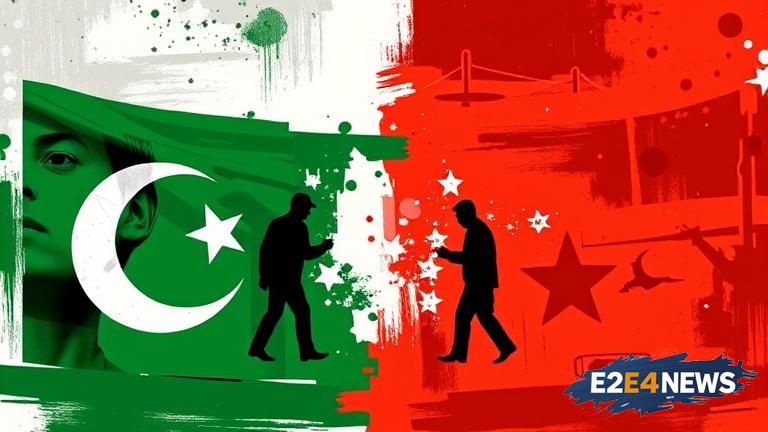The concept of castigation versus prosecution has become a highly debated topic in Pakistan, particularly in the context of high-profile cases. Castigation refers to the act of publicly condemning or criticizing an individual, often without due process or evidence. On the other hand, prosecution involves the formal process of charging and trying an individual for a crime. In recent times, Pakistan has witnessed a surge in castigation, with many high-profile individuals being publicly maligned and criticized without being formally charged or tried. This trend has raised concerns about the erosion of due process and the rule of law in the country. Many argue that castigation is being used as a tool to settle political scores and silence opponents, rather than to uphold justice. The recent cases of high-profile individuals being castigated and prosecuted have highlighted the blurred lines between the two concepts. For instance, the case of former Prime Minister Nawaz Sharif, who was ousted from office and subsequently convicted of corruption, has been cited as an example of castigation versus prosecution. Similarly, the case of opposition leader Shahbaz Sharif, who has been facing corruption charges, has also sparked debate about the use of castigation as a means of political vendetta. The Pakistani judiciary has also come under scrutiny for its role in perpetuating castigation versus prosecution. Many argue that the judiciary has failed to uphold the principles of due process and the rule of law, instead allowing itself to be influenced by political considerations. The media has also been criticized for its role in perpetuating castigation, with many outlets engaging in sensationalized reporting and trial by media. The consequences of castigation versus prosecution are far-reaching, with many individuals and families being affected by the negative publicity and reputational damage. Furthermore, the trend of castigation versus prosecution has also undermined the credibility of the Pakistani justice system, with many questioning its ability to deliver fair and impartial justice. In addition, the use of castigation as a means of political repression has also raised concerns about the state of democracy and human rights in Pakistan. The international community has also taken notice of the trend, with many expressing concern about the erosion of due process and the rule of law in the country. As the debate surrounding castigation versus prosecution continues, it is essential to examine the underlying factors that have contributed to this trend and to find ways to uphold the principles of due process and the rule of law. Ultimately, the Pakistani justice system must ensure that all individuals are treated fairly and impartially, regardless of their political affiliations or social status. The government and the judiciary must work together to establish clear guidelines and protocols for prosecution, and to prevent the misuse of castigation as a means of political repression. By doing so, Pakistan can restore its commitment to the rule of law and uphold the principles of justice and fairness.
